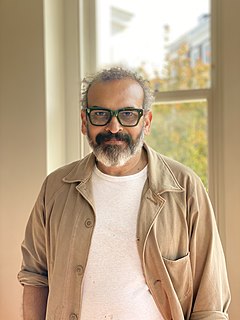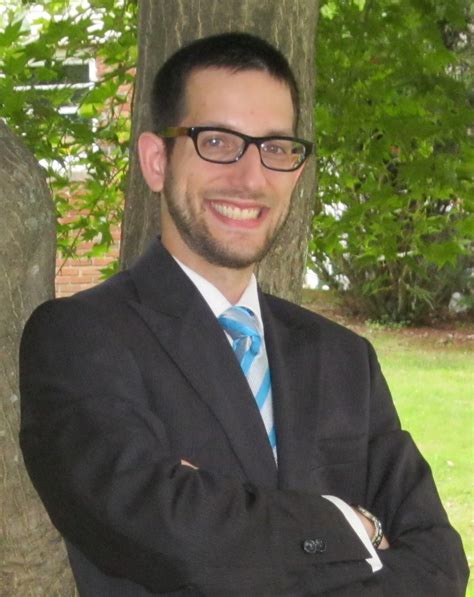A Quote by Theodore Dalrymple
The loss of the religious understanding of the human condition—that Man is a fallen creature for whom virtue is necessary but never fully attainable—is a loss, not a gain, in true sophistication. The secular substitute—the belief in the perfection of life on earth by the endless extension of a choice of pleasures—is not merely callow by comparison but much less realistic in its understanding of human nature.
Quote Topics
Related Quotes
Calculating people are contemptable. The reason for this is that calculation deals with loss and gain, and the loss and gain mind never stops. Death is considered loss and life is considered gain. Thus, death is something that such a person does not care for, and he is contemptable. Furthermore, scholars and their like are men who with wit and speech hide their own true cowardice and greed. People often misjudge this.
Human life is an extension of the principles of nature, and human civilization is a venture extrapolated out of human natures: man and his natural potential are the root of the entire human domain. The great task of all philosophizing is to become competent to interpret and steer the potential developmental forces in human natures and in the human condition, both of which are prodigiously fatalistic.
Understanding human nature must be the basis of any real improvement in human life. Science has done wonders in mastering the laws of the physical world, but our own nature is much less understood, as yet, than the nature of stars and electrons. When science learns to understand human nature, it will be able to bring a happiness into our lives which machines and the physical sciences have failed to create.
Human nature itself is evermore an advocate for liberty. There is also in human nature a resentment of injury, and indignation against wrong. A love of truth and a veneration of virtue. These amiable passions, are the "latent spark" . . . If the people are capable of understanding, seeing and feeling the differences between true and false, right and wrong, virtue and vice, to what better principle can the friends of mankind apply than to the sense of this difference?
Not only weight loss surgery is unnecessary but also it deprives human being a normal life. People after surgery would never be able to enjoy their food ever for the rest of their life whether it is Christmas or they are on their holidays or their child birthday or any other festival. List of problems and complications after the weight loss surgery operation are endless as one may get additional problems such as Hernia, Internal Bleeding, Swelling of the skin around the wounds, etc. I wonder how many weight loss surgeons advice about weight loss surgery to their own family members.
For the past several generations we've forgotten what the psychologists call our archaic understanding, a willingness to know things in their deepest, most mythic sense. We're all born with archaic understanding, and I'd guess that the loss of it goes directly along with the loss of ourselves as creators.
It is not a struggle merely of economic theories, or forms of government or of military power. At issue is the true nature of man. Either man is the creature whom the psalmist described as a little lower than the angels ... or man is a soulless, animated machine to be enslaved, used and consumed by the state for its own glorification. It is, therefore, a struggle which goes to the roots of the human spirit, and its shadow falls across the long sweep of man's destiny.
In a dispassionate comparison of the relative values of human and robotic spaceflight, the only surviving motivation for continuing human spaceflight is the ideology of adventure. But only a tiny number of Earth's six billion inhabitants are direct participants. For the rest of us, the adventure is vicarious and akin to that of watching a science fiction movie. At the end of the day, I ask myself whether the huge national commitment of technical talent to human spaceflight and the ever-present potential for the loss of precious human life are really justifiable.
The price of these failures has been a loss of moral consensus, a greater sense of helplessness about the human condition. ... The intellectual solution to the first dilemma can be achieved by a deeper and more courageous examination of human nature that combines the findings of biology with those of the social sciences.
The compensations of calamity are made apparent to the understanding also, after long intervals of time. A fever, a mutilation, a cruel disappointment, a loss of wealth, a loss of friends, seems at the moment unpaid loss, and unpayable. But the sure years reveal the deep remedial force that underlies all facts.
As we gain satisfaction from artificial substitutes for nature we forget that there is no known substitute for Nature, the real thing and its eons of intelligent, life supportive, experience. Each substitute we create falls short of nature's balanced perfection, thus producing our pollution, garbage and relationship conflicts.






































